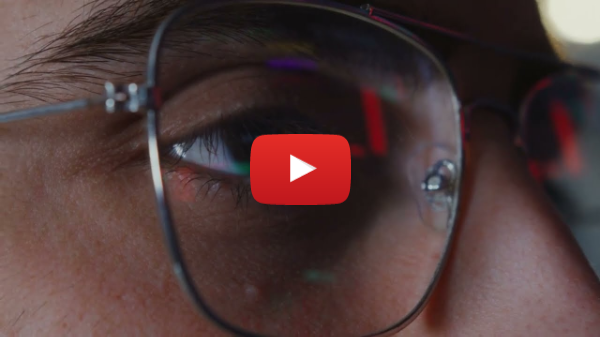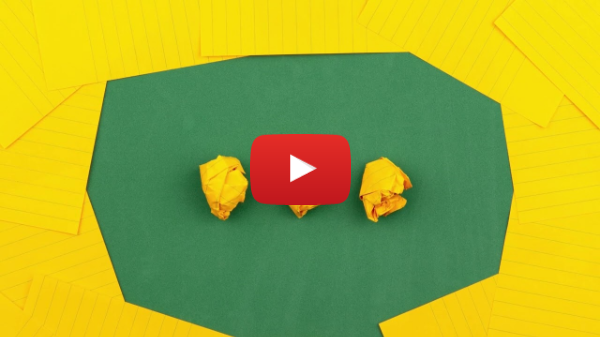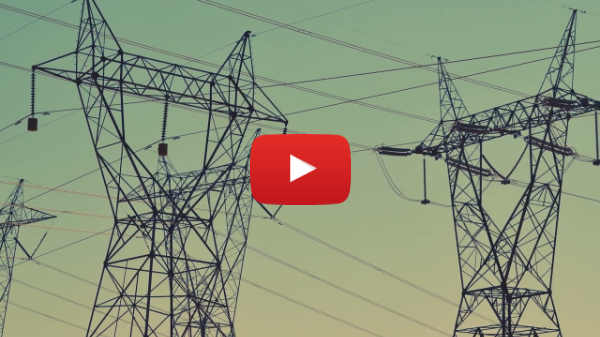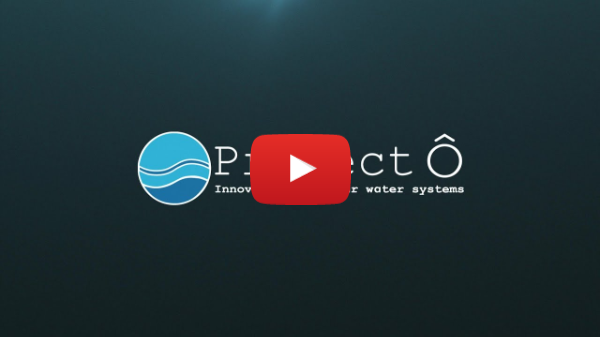|
|
|
Project Ô addresses the crucial challenge of water sustainability
|
|
|
|
Water sustainability is increasingly important with parts of Europe facing record heat waves and droughts this year. Water shortages disrupt the ability of many local regions to manage water use and sustain water supplies.
Project Ô is funded by the European Commission in 2018 to demonstrate how different water treatment technologies can improve regional capacity for sustaining crucial water supplies.
In this article, we share how research within Project Ô has supported the installation of innovative water treatment technologies that lower costs, reduce energy and give local regions access to alternative water sources.
|
|
|
|
|
|
As an EU-funded project, research is often needed to show whether new technologies are beneficial for stakeholders within a local community.
This research involves numerous assessments of the technologies, such as being environmentally friendly, socially just and financially affordable. Each water treatment technology within Project Ô received these assessments.
|
|
|
|
The environmental assessment includes an impact evaluation based on a set of indicators of environmental outcomes such as global warming. Learn more about this analysis in this video.
|
 |
|
Environmental Life Cycle Assessment
|
|
The social assessment of water treatment technologies focused on relevant social factors, such as feedback from community stakeholders about their concerns. Take a look at the video explaining how the social assessment is being conducted in the project.
|
 |
|
Social Life Cycle Assessment
|
|
The financial assessment focused on the costs of producing water from each treatment technology, including electricity, labour or materials. In addition, some crucial economic factors were reviewed, such as inflation, which can alter the costs of operating the water treatment technologies. Results show the labour to operate technologies, and the amount of water produced, were the two most important factors that change water production costs. Learn more about the project’s use of Life Cycle Costing in this video.
|
 |
|
Life Cycle Costing Assessment
|
|
|
|
DEMONSTRATING THE VALUE OF WATER TREATMENT TECHNOLOGY
|
|
|
|
Project Ô demonstrates how water treatment technologies can improve regional capacity for sustaining crucial water supplies, while lowering costs, reducing energy demands and giving local regions access to alternative water sources.
|
|
IMPROVING LAND-BASED FISH FARMING IN ISRAEL
|
 |
|
Project Ô has developed circular water technologies at four installation sites in Croatia, Israel, Italy, and Spain.
|
|
|
|
As the Earth’s population expands, access to fresh, healthy, sustainable food is an ever greater challenge. Fish farming systems are the fastest growing food production sector in the world, providing 47% of global fish supplies.
|
|
However, fish farms produce 250 cubic meters of wastewater per hour (the equivalent of 2.5 olympic swimming pools of wastewater per day), causing significant negative environmental impacts. The project is demonstrating the potential for more advanced circular water management to reuse water from these farms.
|
|
Project Ô has developed water treatment technology called SALTECH as a cost-effective water treatment for land-based fish farming. Find out more about how this technology works in this video available on YouTube.
|
|
 |
|
By using Project Ô water treatment technologies like SALTECH, water can be reused sustainably in fish farming systems. This will help to meet the growing need for healthy food while using less water, protecting the environment.
|
|
|
|
|